PHOTO BY DOUG CATILLER, TRUE IMAGE STUDIO
WRITTEN BY ERIC EBERWEIN
Earlier this year, Orange Curtain Review asked local theater attendees what kind of theatre they preferred seeing – straight plays or musicals. The results are in, and while this was in no way a scientific poll, a narrow majority voted for musicals.
You have to wonder if musicals might soon constitute the majority of plays going up in Orange County. Sometimes, it seems like every O.C. theatre is either a) opening a musical, b) closing a musical, or c) auditioning a musical. Some devote 30-80% of their seasons to musicals.
Contrast that with 10 or 15 years ago. In the early 2000s, the typical O.C. storefront theatre put up a musical a year, if that.
Clearly, the tastes of local theatre producers have changed. Perhaps the tastes of local theatre audiences have changed as well. Why did the respondents who prefer musicals prefer them? Some of the answers…
• It’s fun, added dimension; song and dance is another talent to
experience
• Musicals are more engaging.
• Provides escape.
• I prefer people bursting into song!
• More fun, normally.
More fun – that comment speaks volumes. In the eyes of some theatre fans, musicals are just a better night out. In a time of gloomy headlines, the idea of going to see a drama (or perhaps any play without much movement or choreography) may be losing its appeal. I recently saw a superb drama at a highly regarded storefront theatre in central Orange County. I sat next to another theatre artist; we both thought the play was sublime, but he
commented that parts of it were “heavy” because it plunged the audience into some emotionally wrenching moments. That was not something he had anticipated, and the look on his face said it was not something he really wanted to experience that night.
Musicals can certainly be dramatic and cathartic, but the release provided within the songs gives them a degree of uplift that some would argue is lacking in the typical straight play.
Another Factor: The Rise Of The Gleeks. We have a towering wave of young musical theatre fans –possibly dwarfing even the amounts from previous strong waves. Great performing arts high school programs, Glee and Hamilton, are making musical theatre cooler than ever for that vital young theater-going demographic.
Additional Factor: The Musical Theatre Renaissance That Began With Rent. The great wave of American playwriting we are witnessing includes many stellar musicals, which differ noticeably in scope and subject matter from those of a generation or two ago. There was a time (circa 1990) when critics said the American musical was “in trouble”: the genre had spectacled itself out. In the days when Phantom of the Opera and Miss Saigon reigned supreme, and Andrew Lloyd Webber was practically a deity, the fear was hit musicals would mainly come from overseas, be so spectacle-driven and so big-budget, they would never be done capably at smaller theatres. Critics wondered: where were the new American musicals?


In the eyes of some theatre fans, musicals are just a better night out.
Then Rent came along, and while it may not have started the shift into a new generation of musical theatre, it now emblemizes it. Since the 1990s, hit musicals have increasingly displayed the classic Off-Off-Broadway spirit rather than the old Broadway mentality: Rent, Avenue Q, Urinetown, Bare, [title of show], The 25th Annual Putnam County Spelling Bee, and more. Jukebox musicals also emerged and became a cottage industry. Since their focus was ultimately on songs, they were suited to intimate theatres as well as large ones.
In short, these are very good times for musical theatre. Yes, it costs more to produce a musical than it does to produce a straight play. Yes, it can be tremendously difficult for small O.C. theatres to get the rights to many musicals. Despite those challenges, the audience is there – perhaps stronger than ever – and theatres are willing to shoulder the expense.
Still, many people prefer straight plays. Here is what they had to say about their preference:
• A straight play has the potential, generally speaking, to inspire
and provoke in a much deeper way than a musical.
• Musicals are more about spectacle than substance.
• Musicals are overdone.
• Musicals are for the weak.
 A couple of other respondents noted in passing that musicals are “hard to do well” on local show budgets and that too many musicals in O.C. have “terrible directors and awful casts.” “Is the straight play a theatrically endangered species? Hardly. A look at this local theatre season reveals plenty of them are onstage at storefront/small theatres –including an intriguing stream of new, newer, and less-seen dramas and comedies.
A couple of other respondents noted in passing that musicals are “hard to do well” on local show budgets and that too many musicals in O.C. have “terrible directors and awful casts.” “Is the straight play a theatrically endangered species? Hardly. A look at this local theatre season reveals plenty of them are onstage at storefront/small theatres –including an intriguing stream of new, newer, and less-seen dramas and comedies.
That said, if you glance at any local audition page on Facebook and aren’t a theatre artist, you could easily get the impression that theatre = musicals or that musicals constitute 90% of American theatre. While slightly more than 50% of respondents to OCR’s summer poll question favored seeing a musical overseeing a straight play, more than a few of the respondents noted they had and would continue to see both because it’s all good, and it’s all theatre. Although right now, it feels like O.C. storefront theatres are more interested in musicals than they have ever been.”

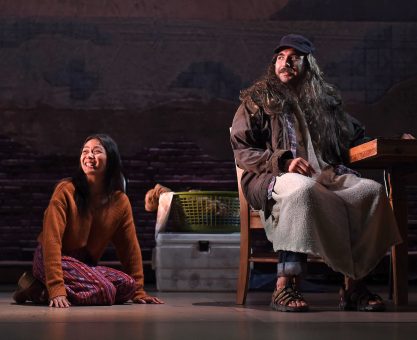

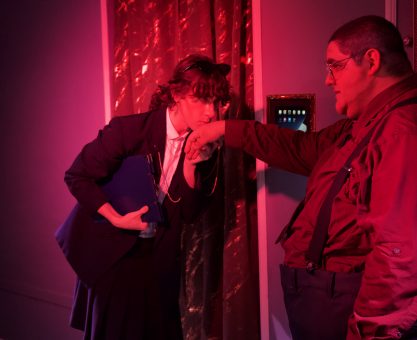
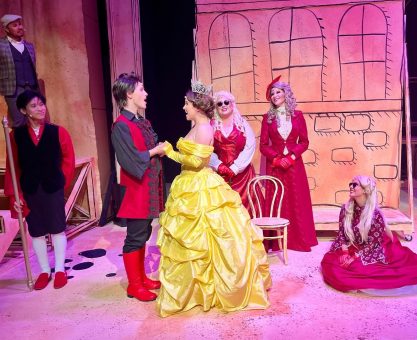


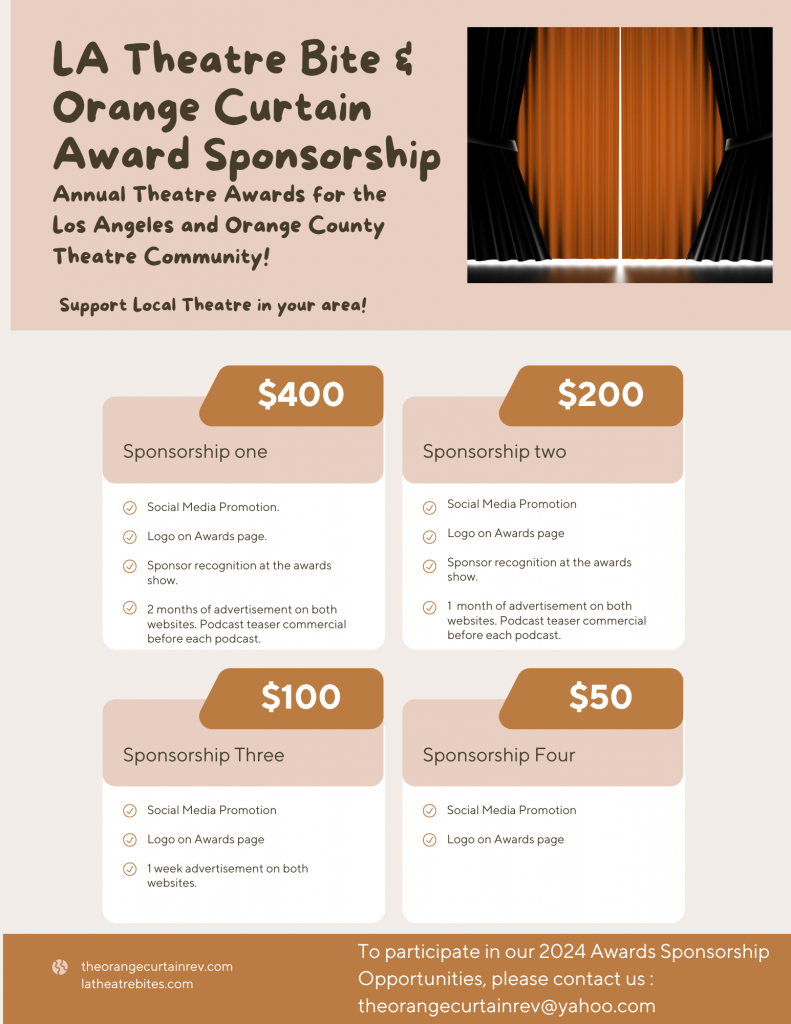


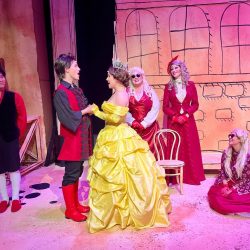
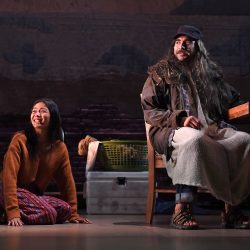
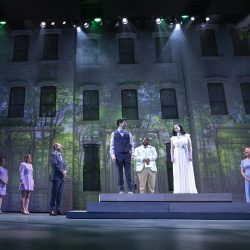
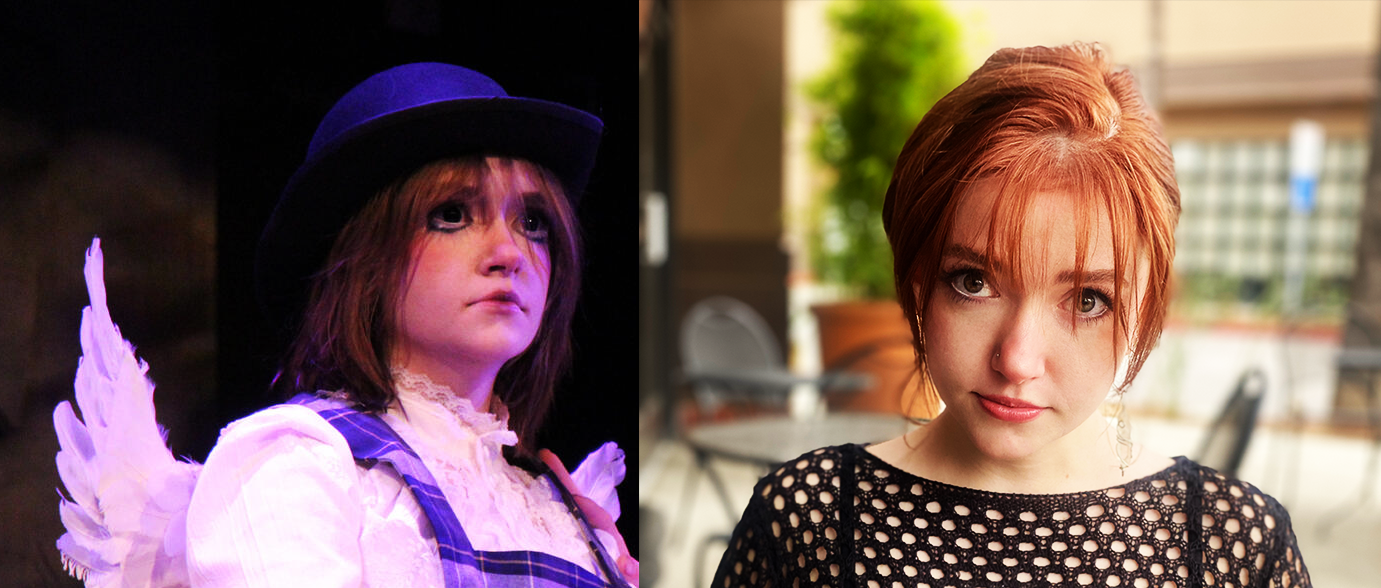

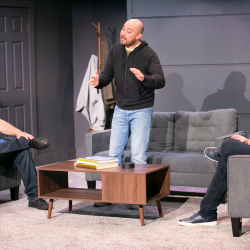
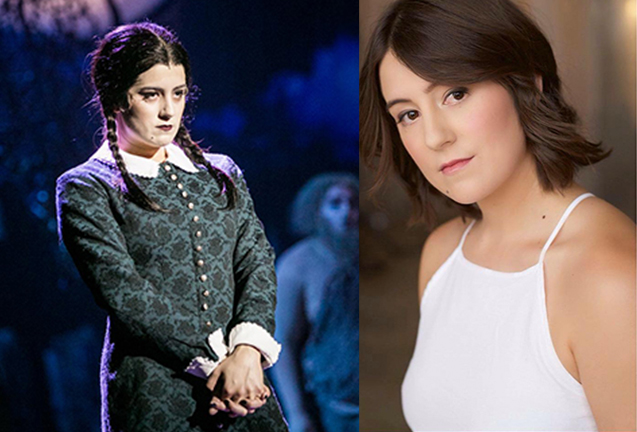
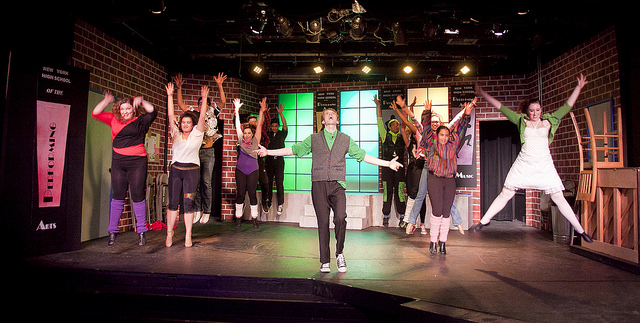
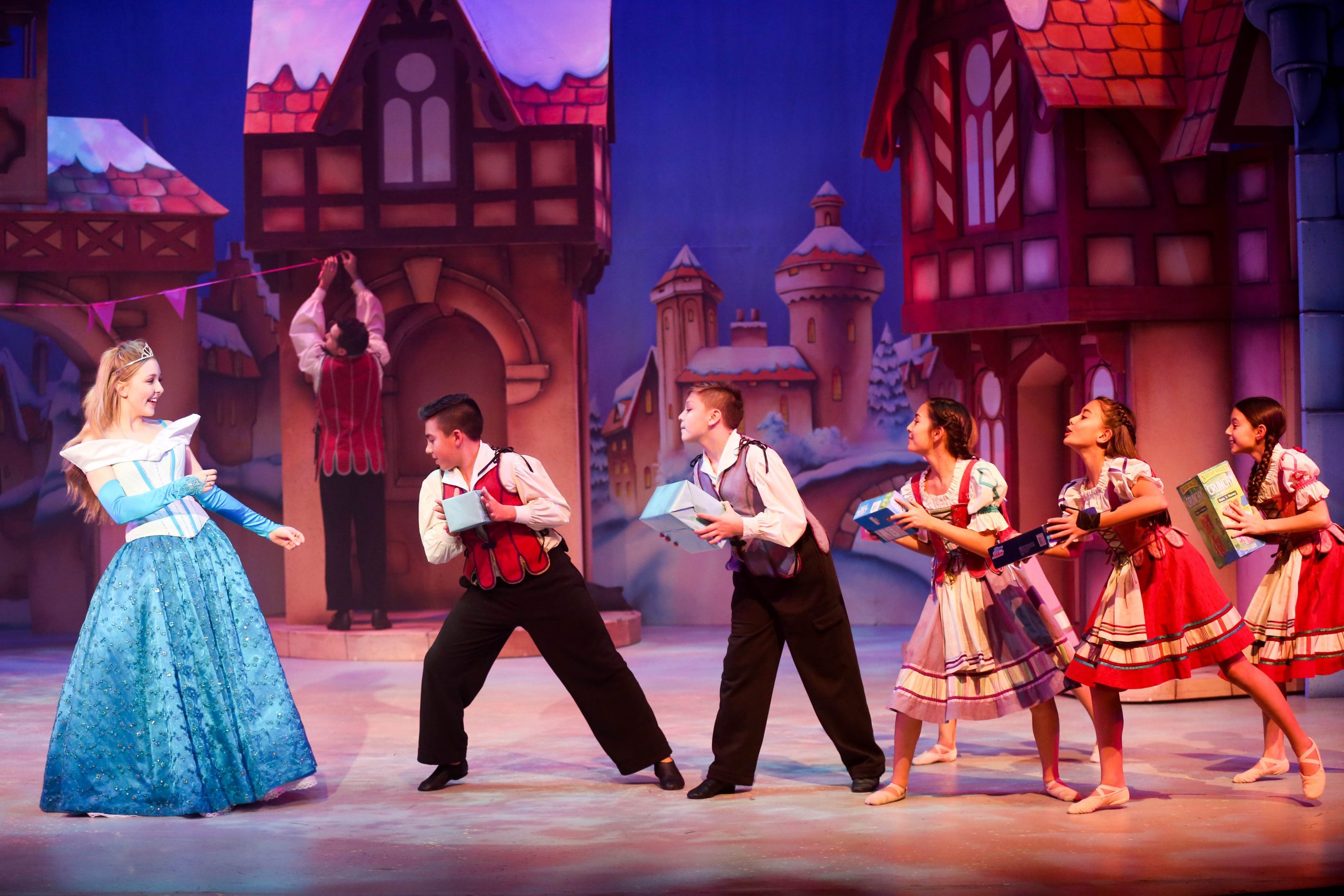

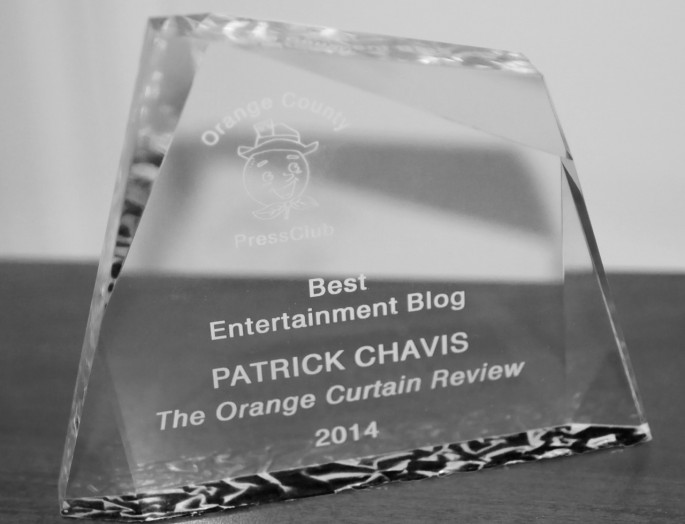
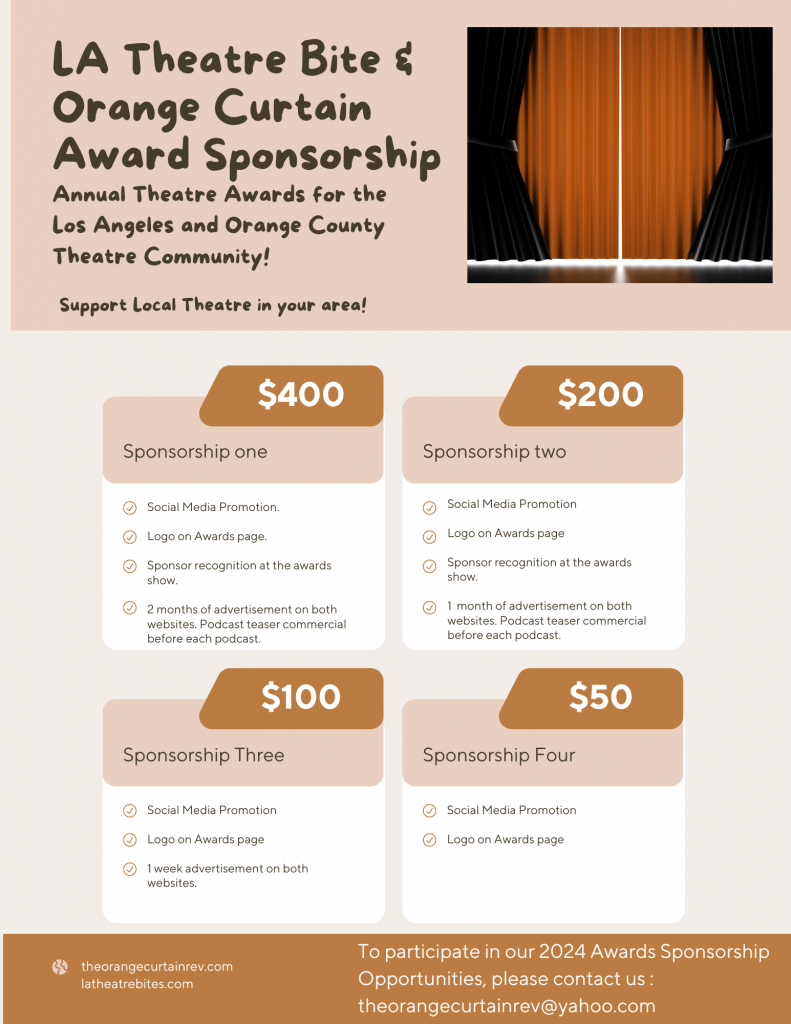
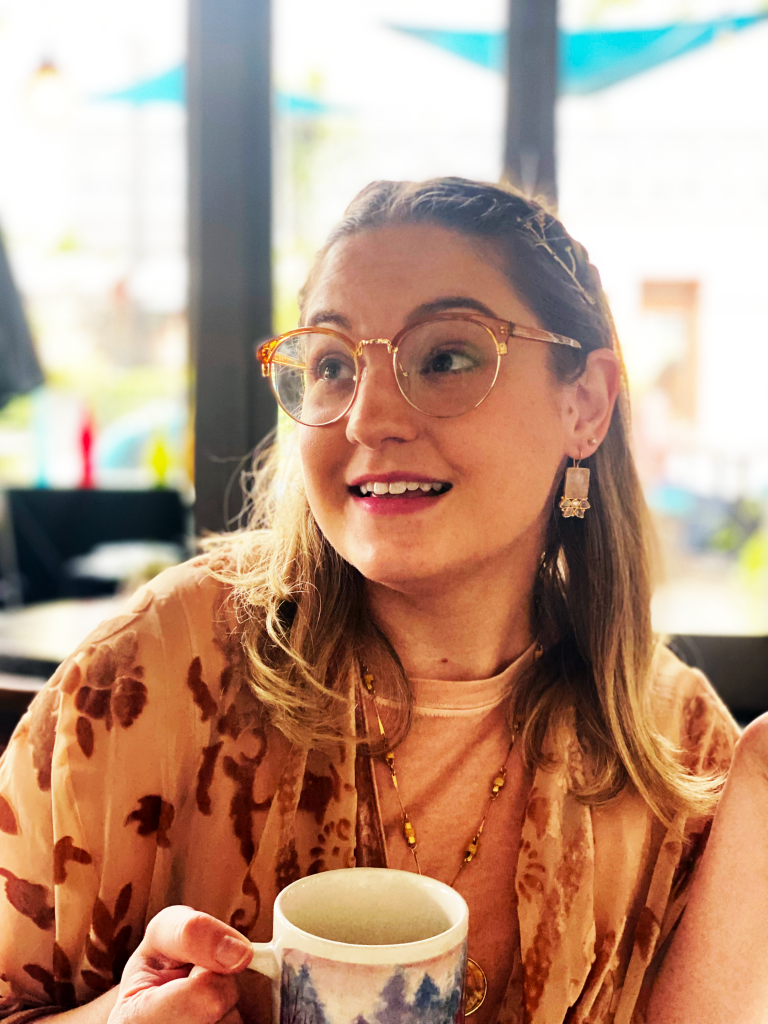
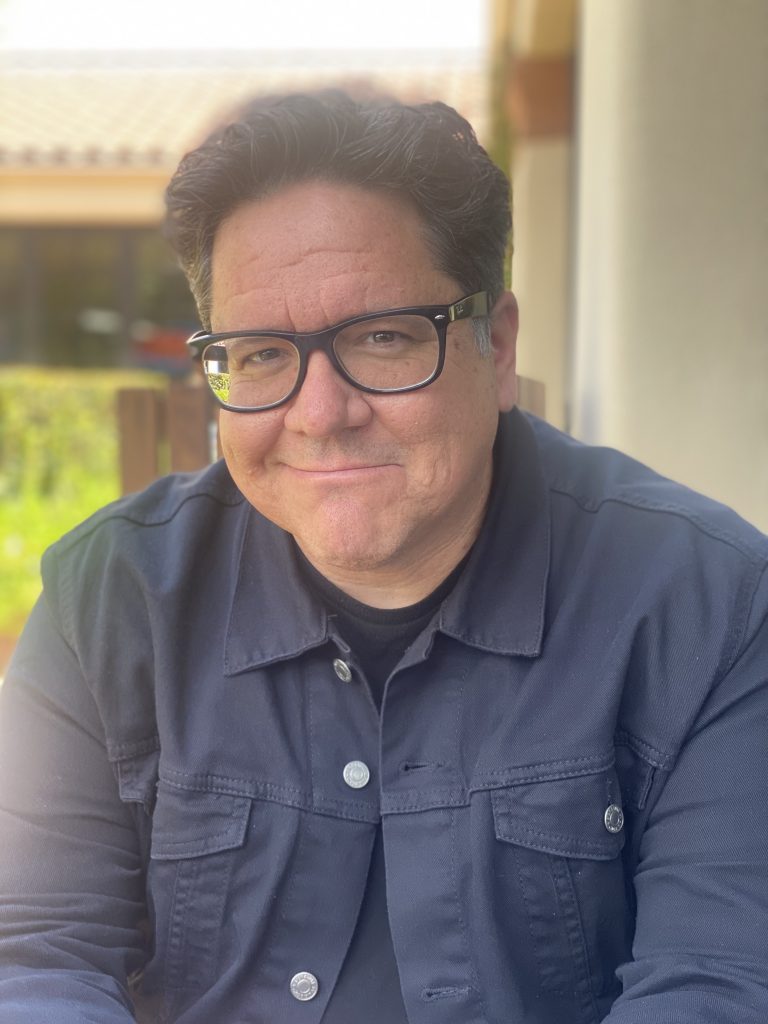

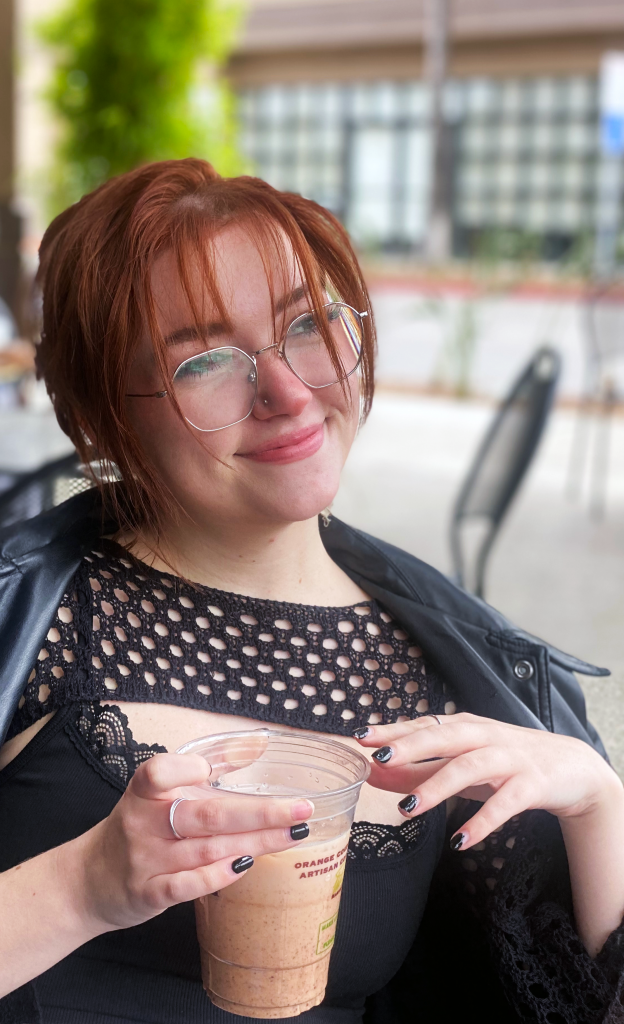
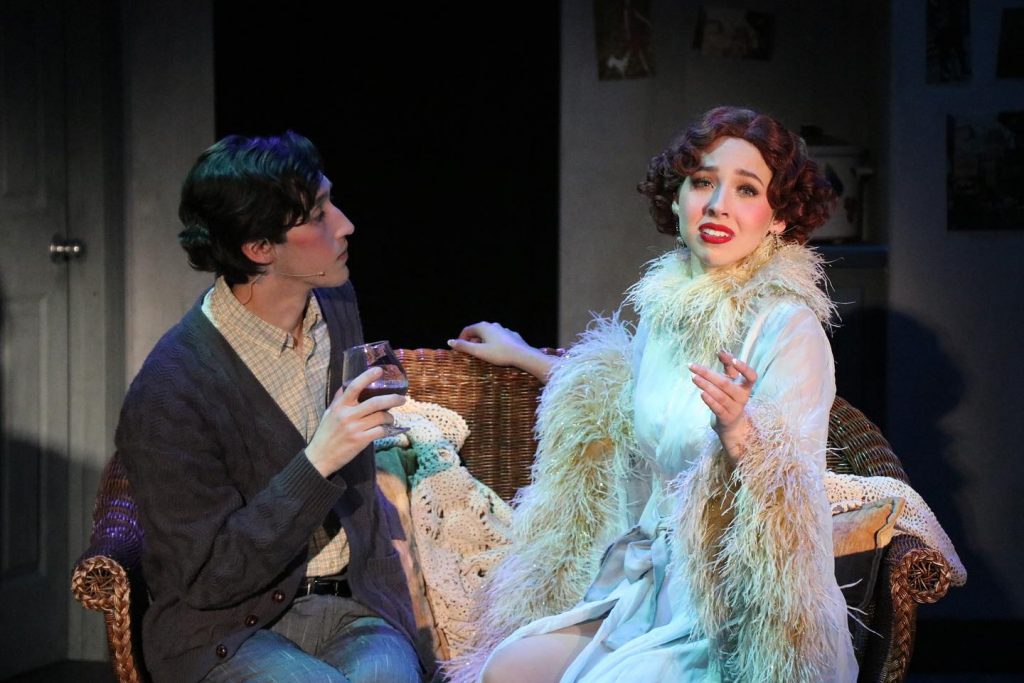
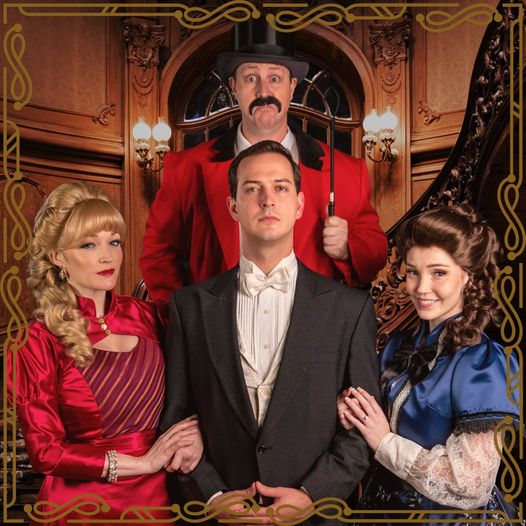
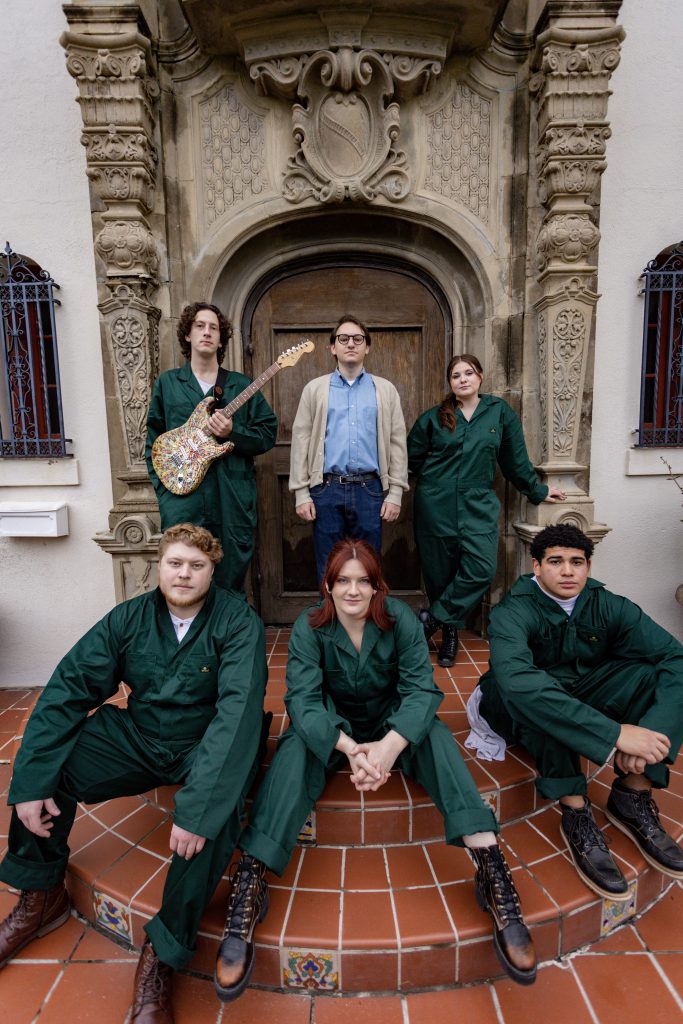
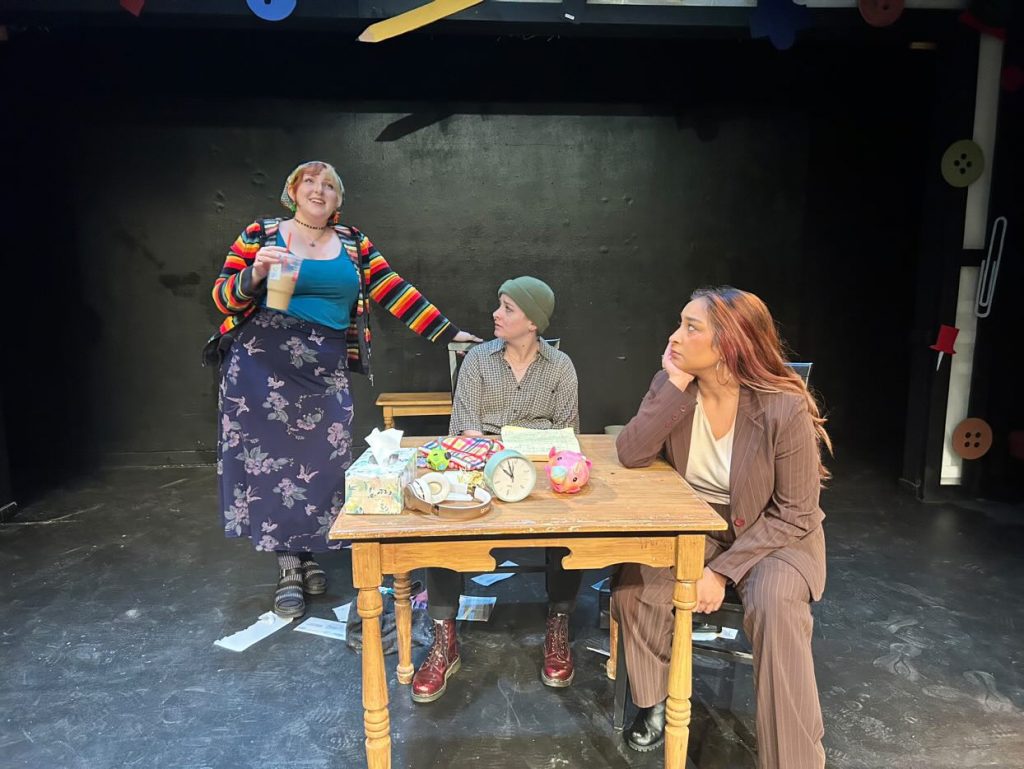
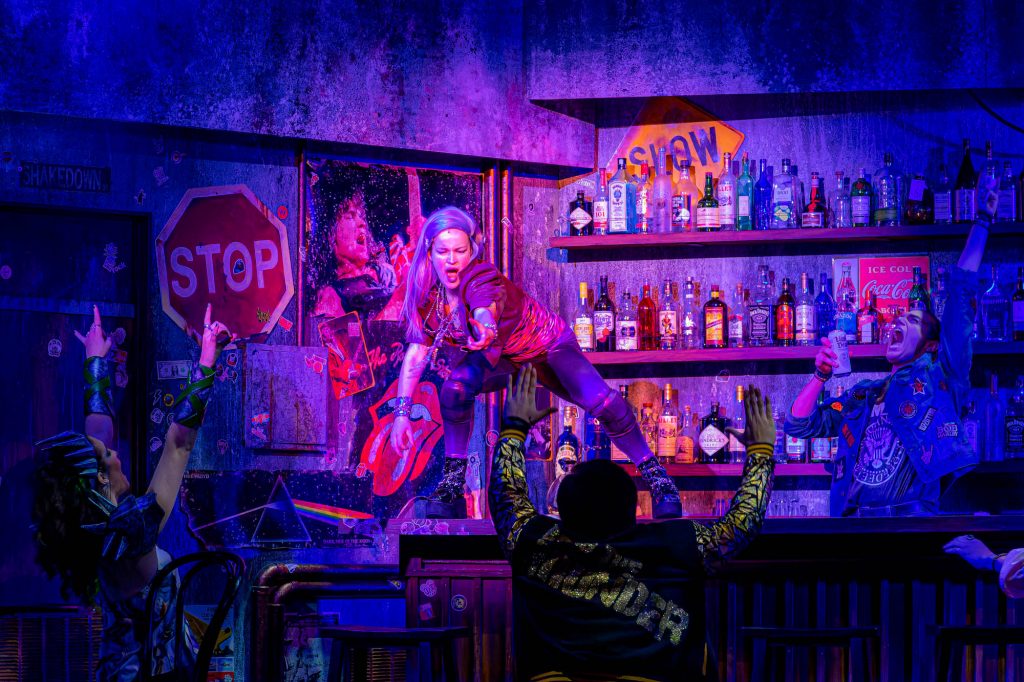
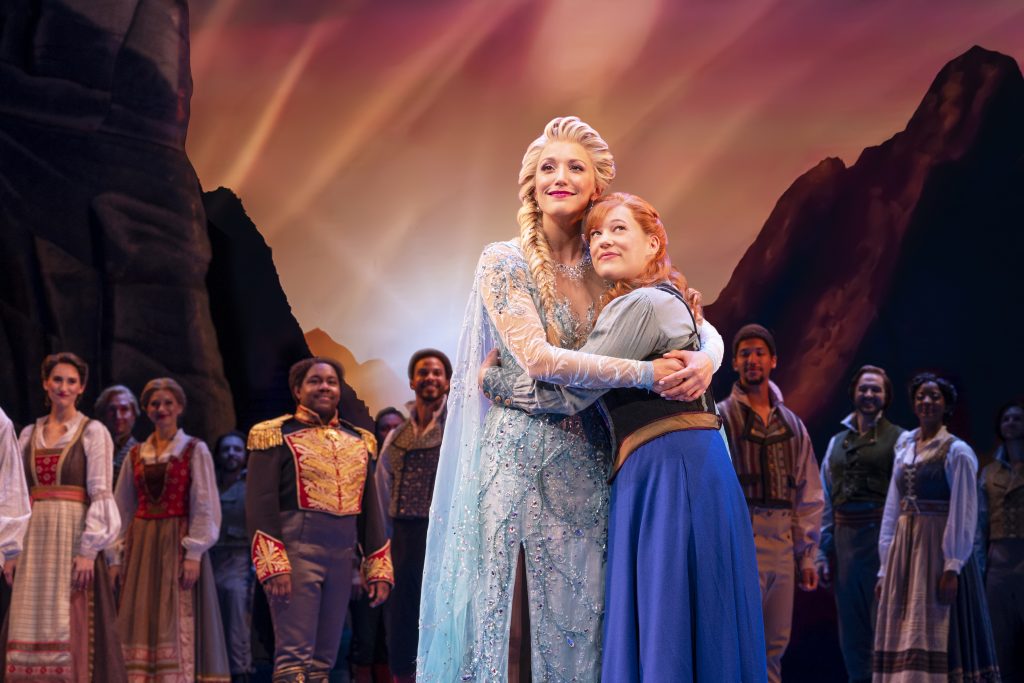
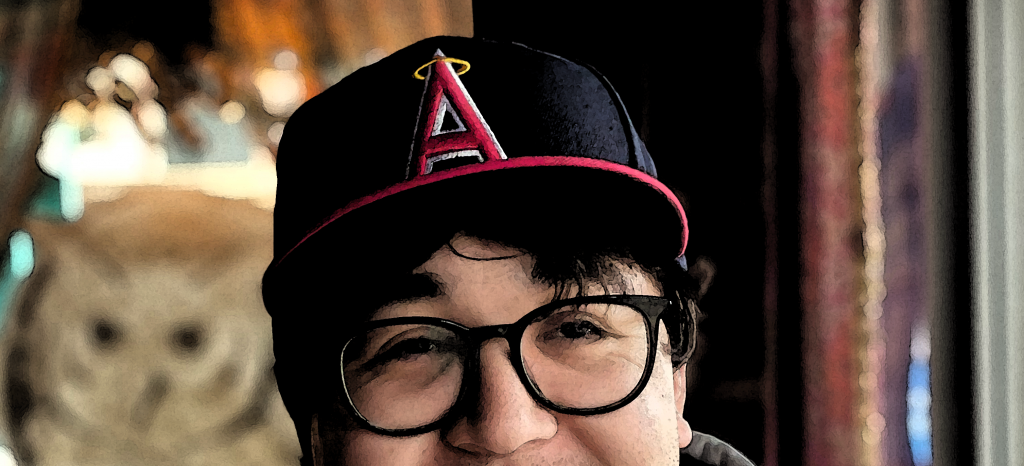
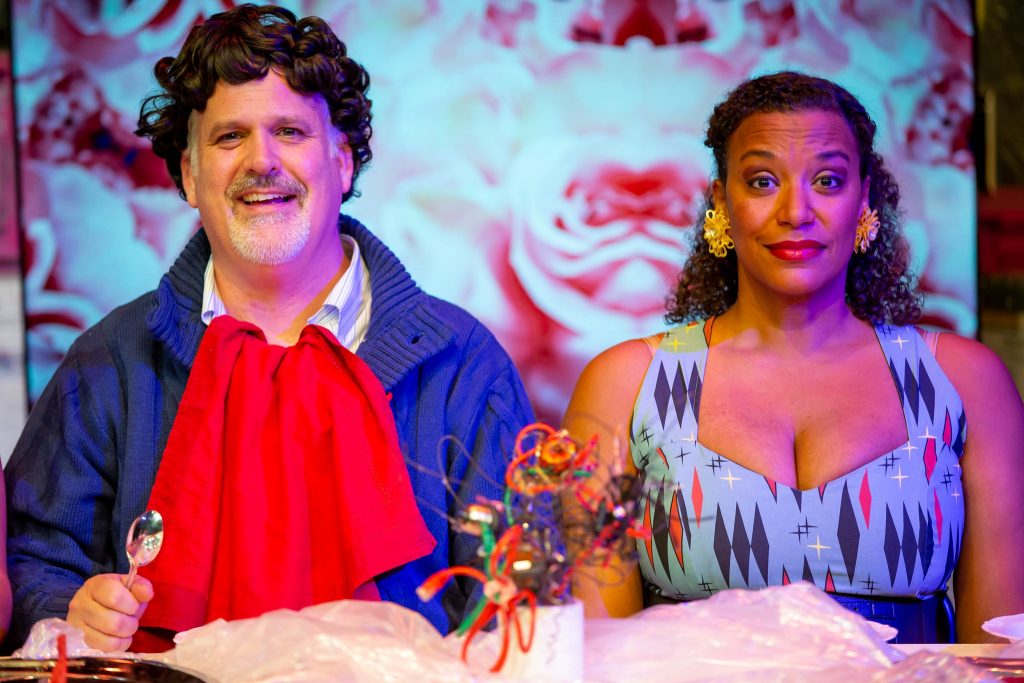

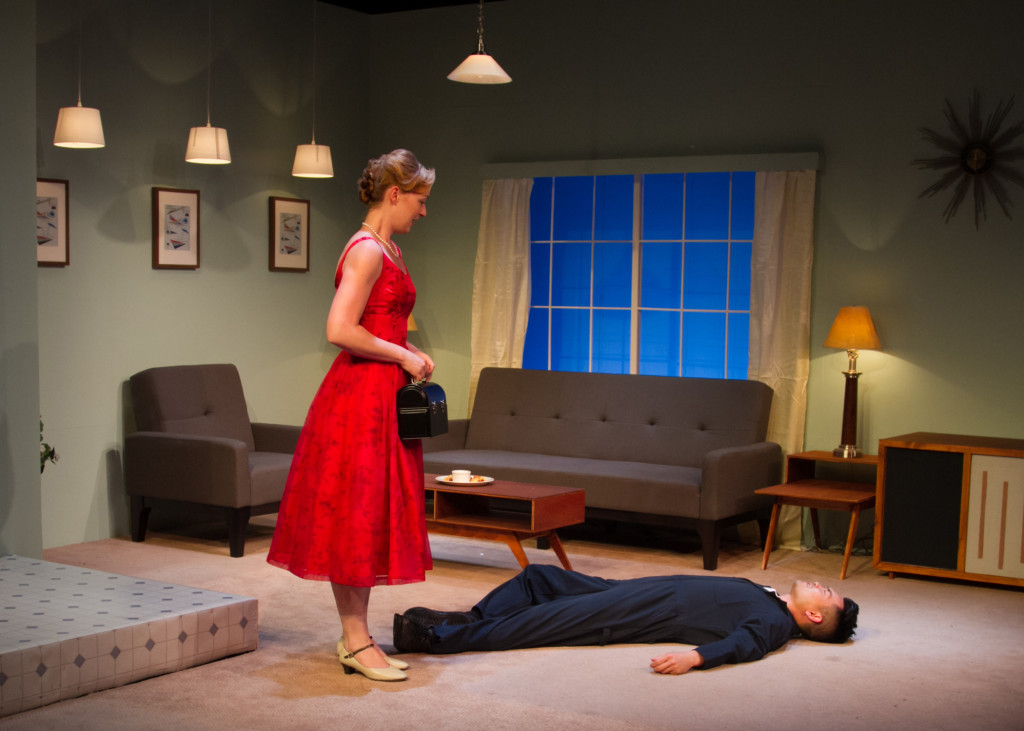
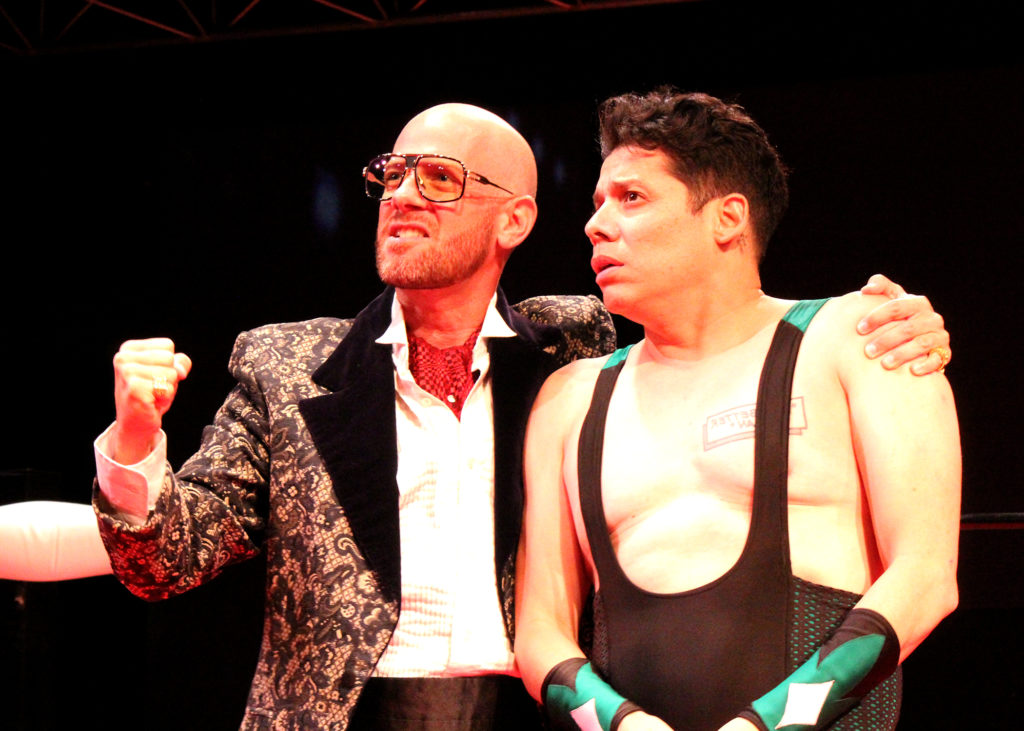
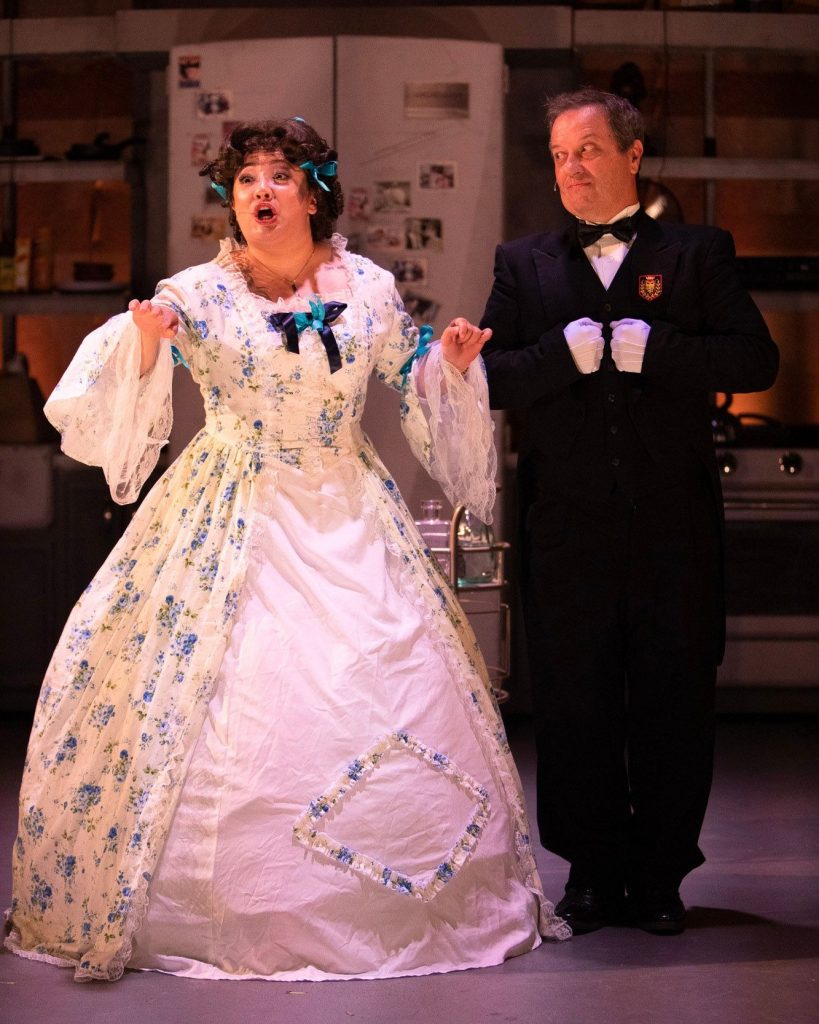

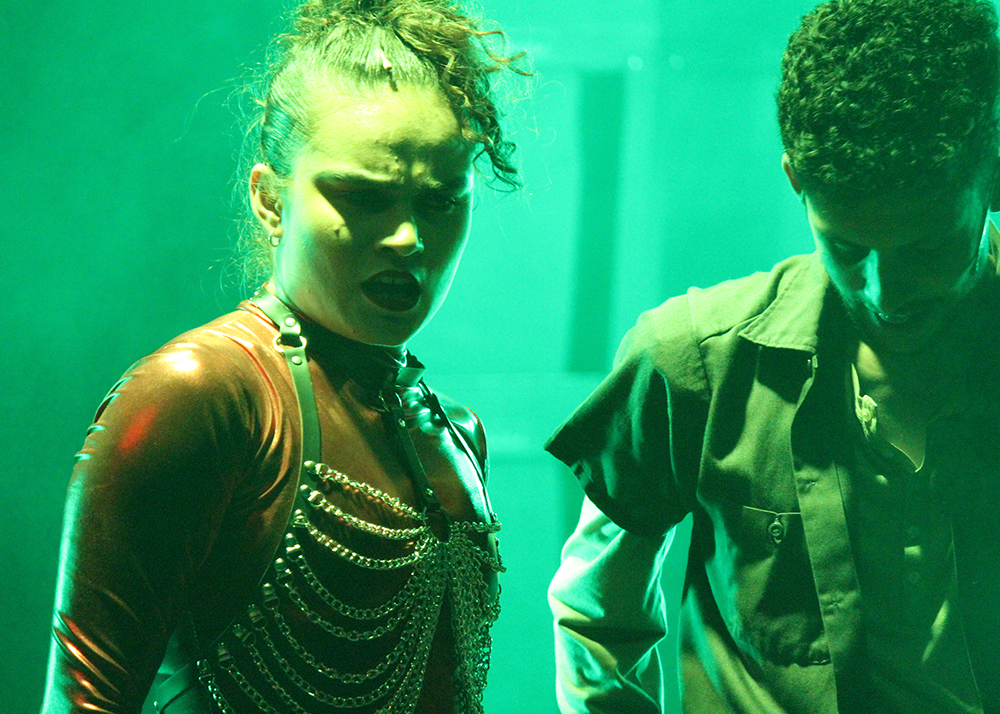
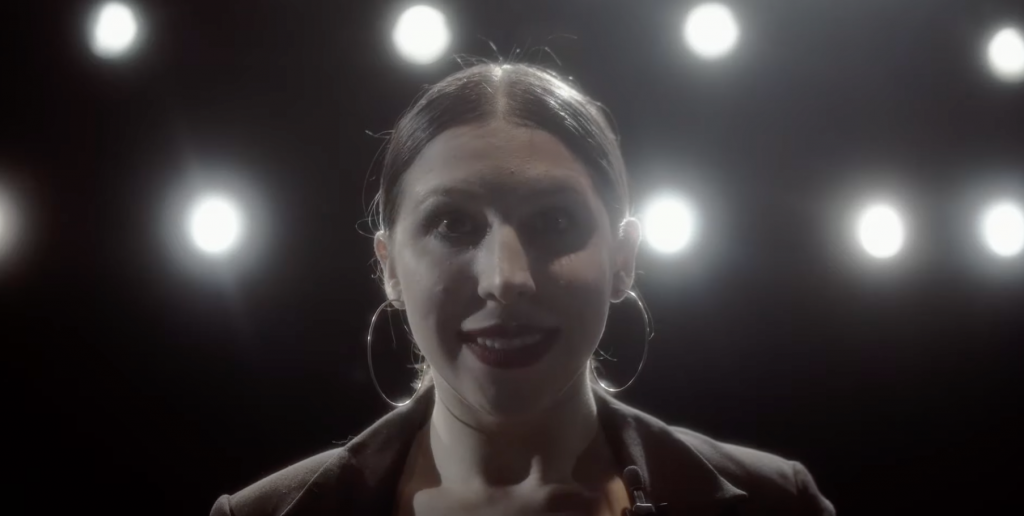
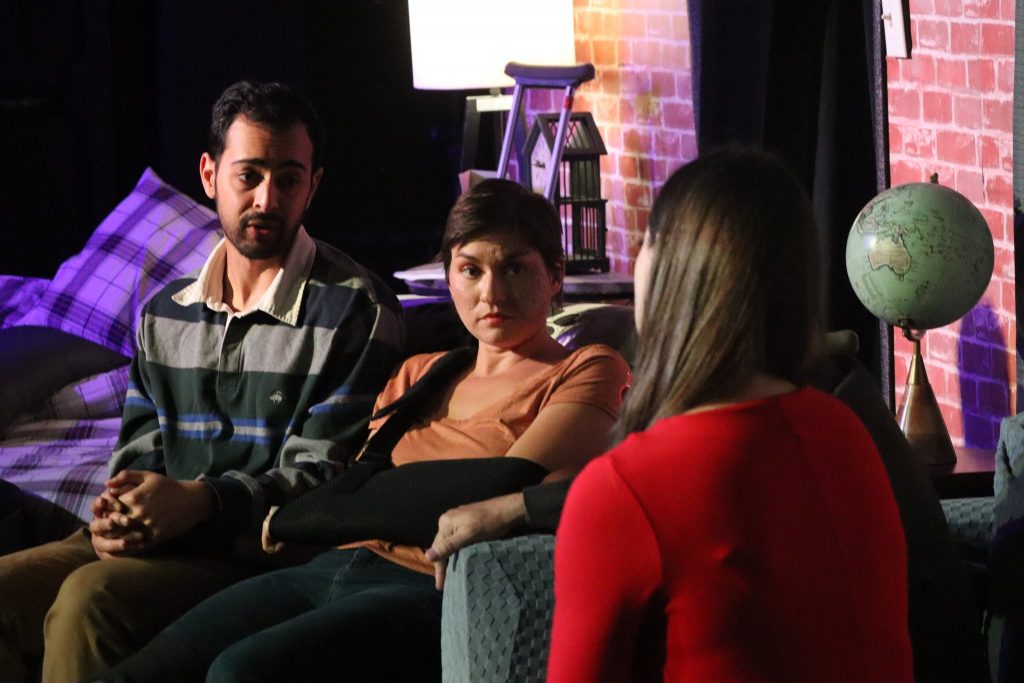
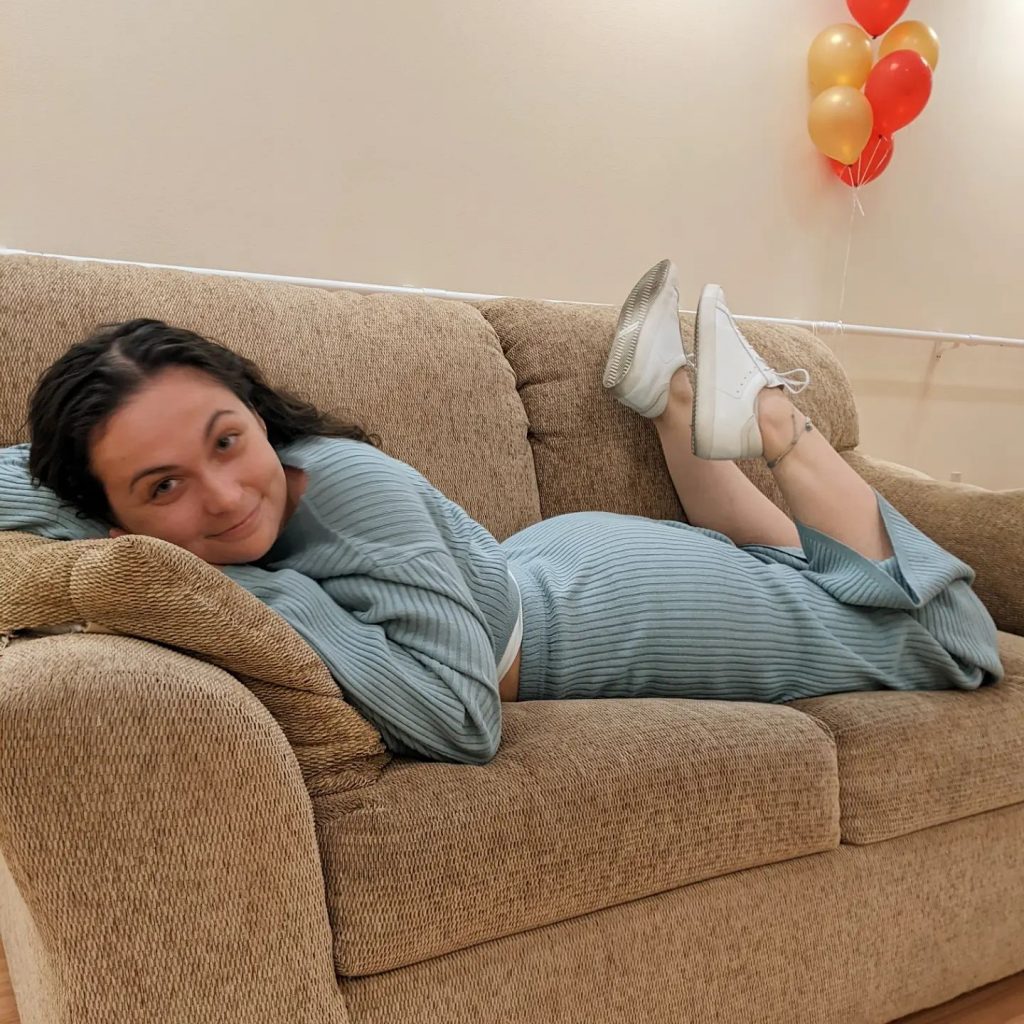
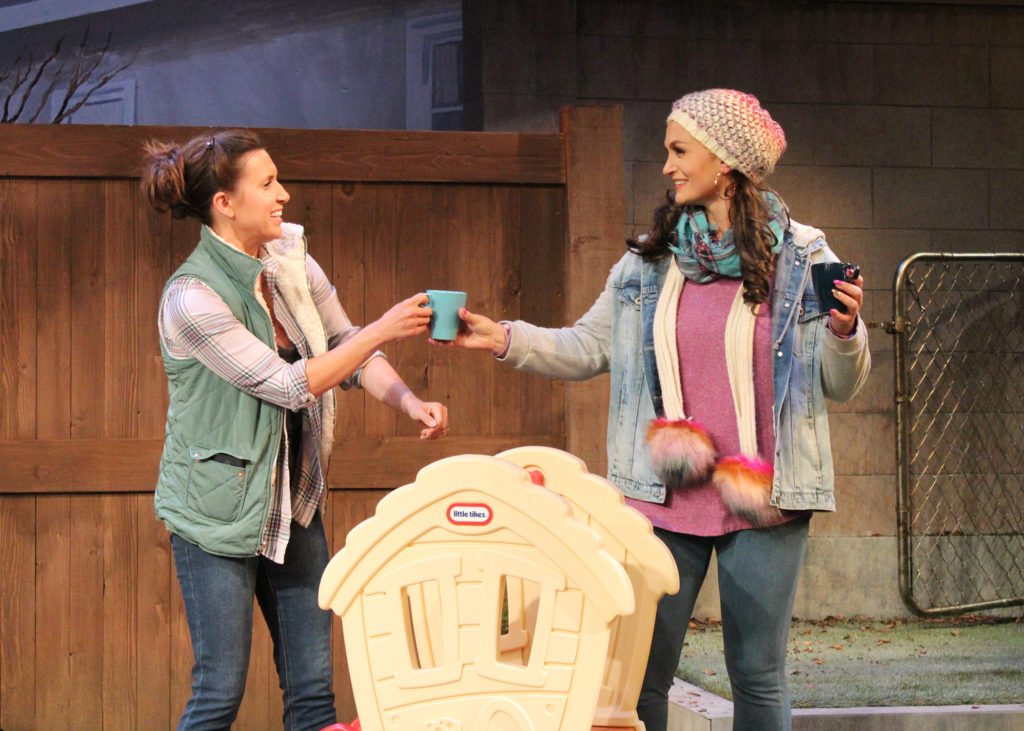
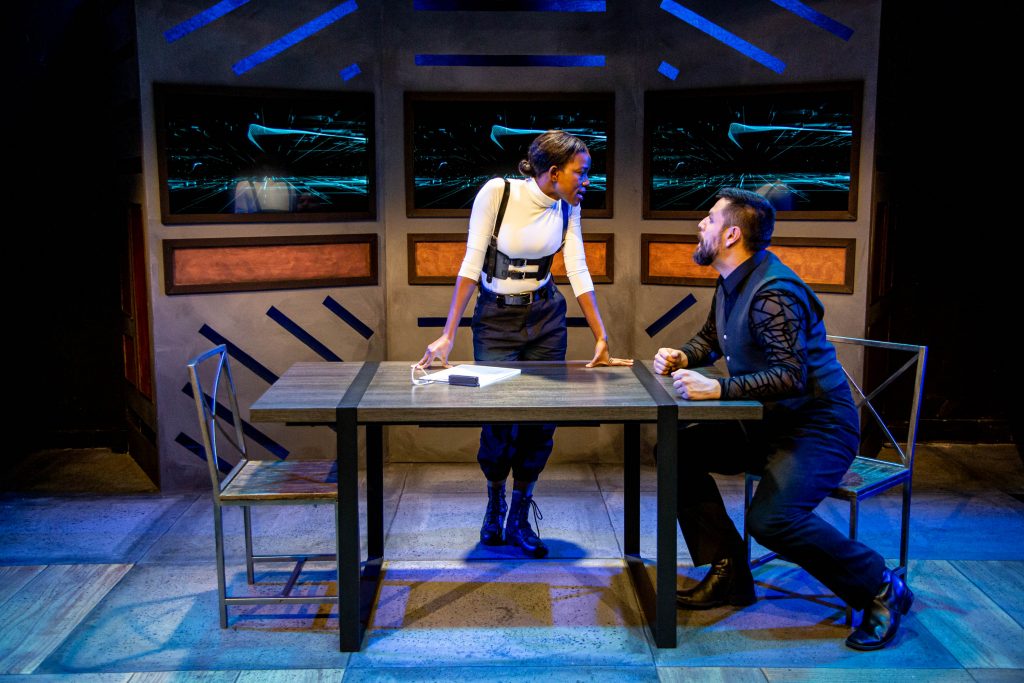
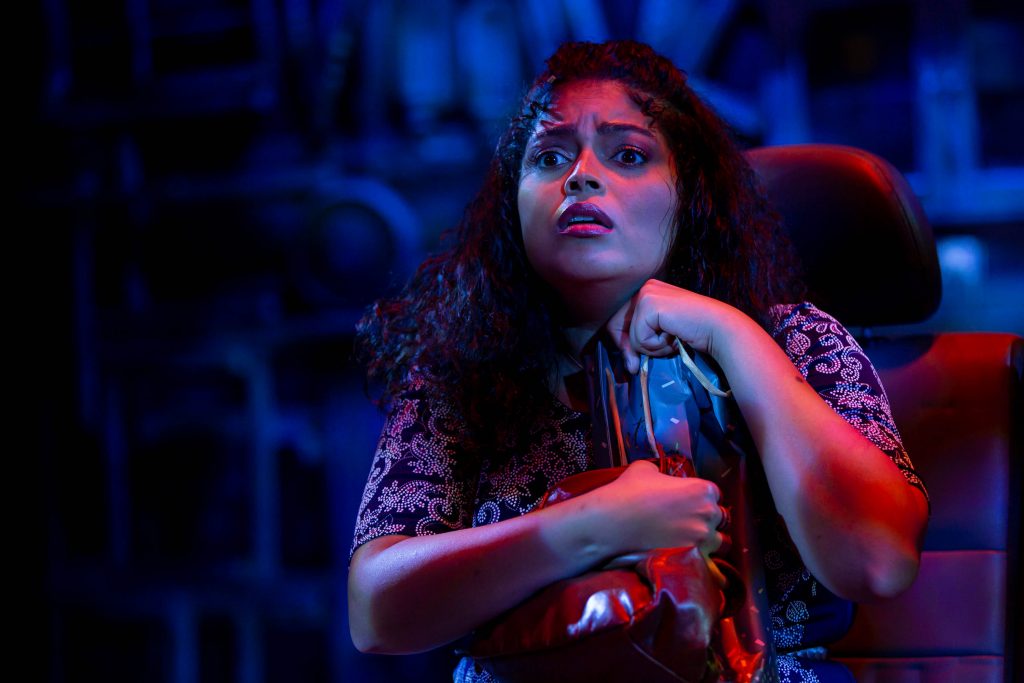
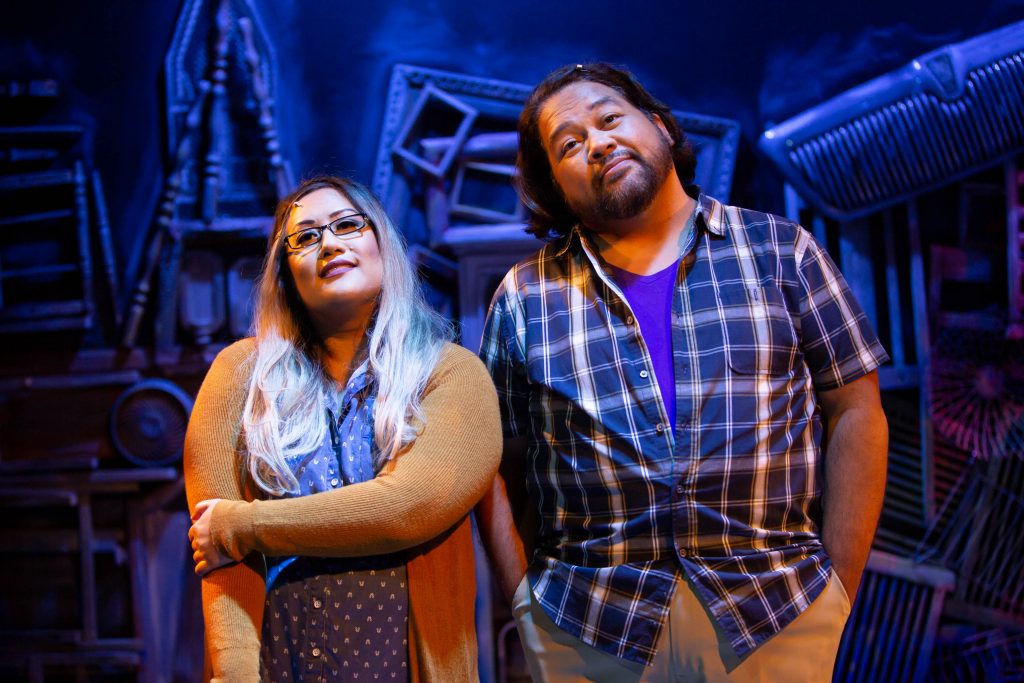
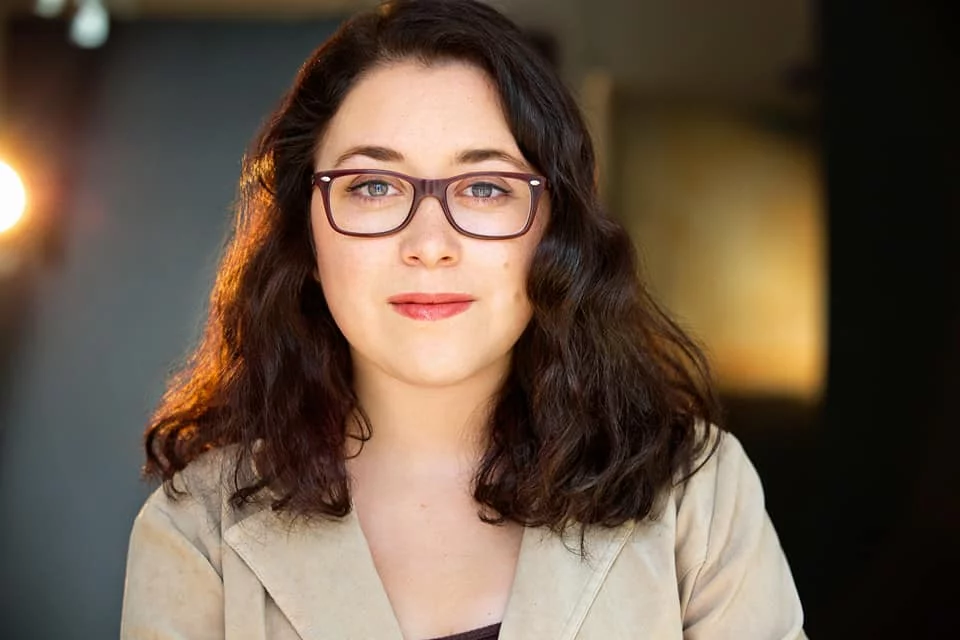
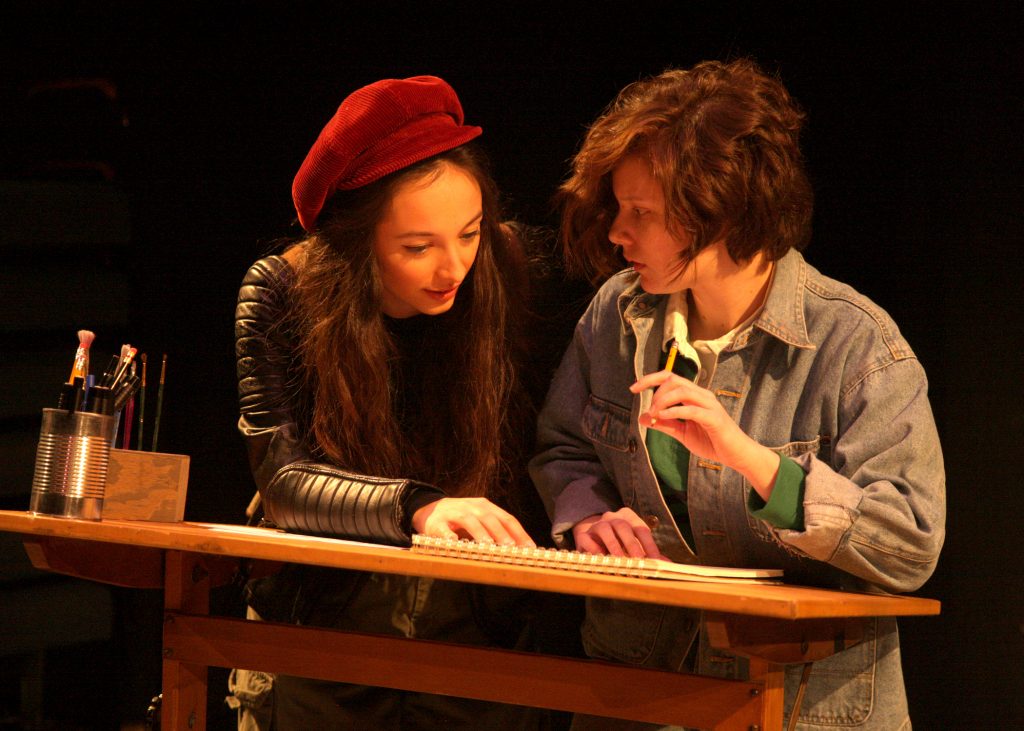
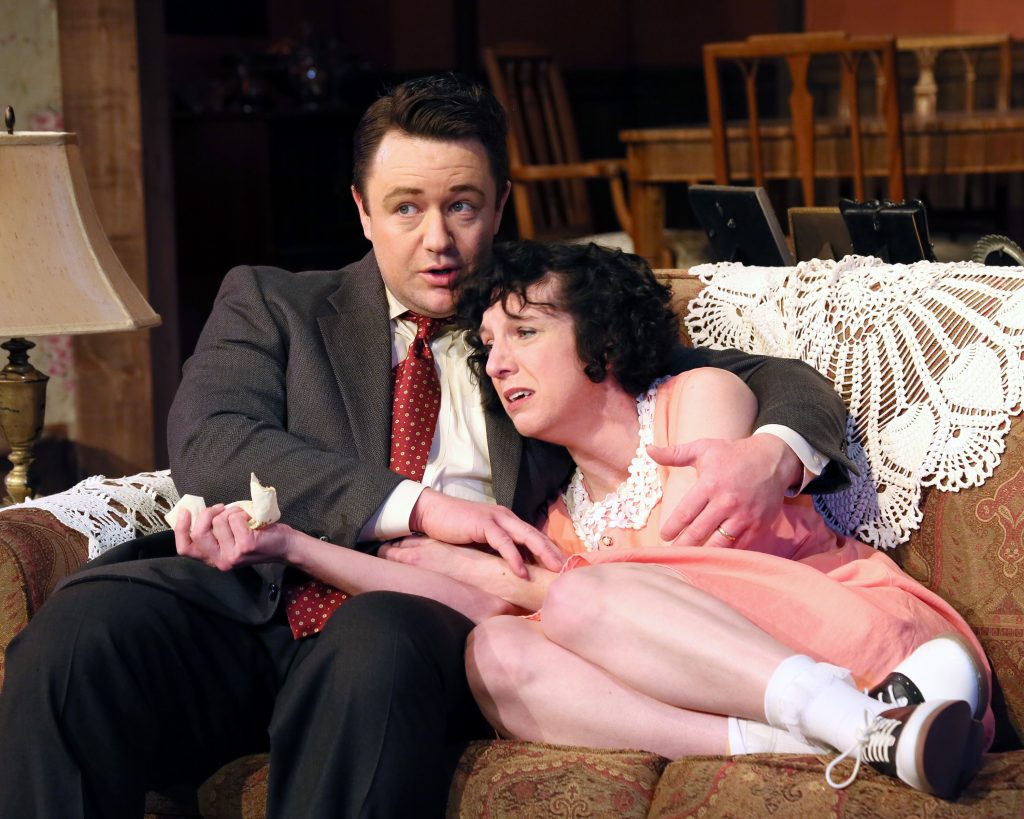

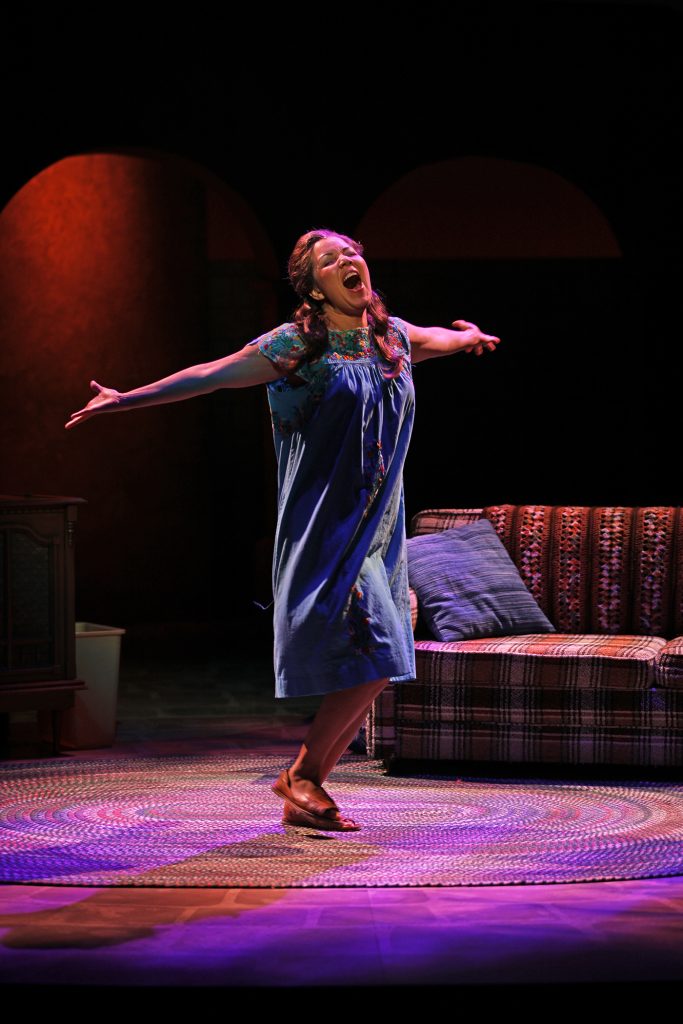
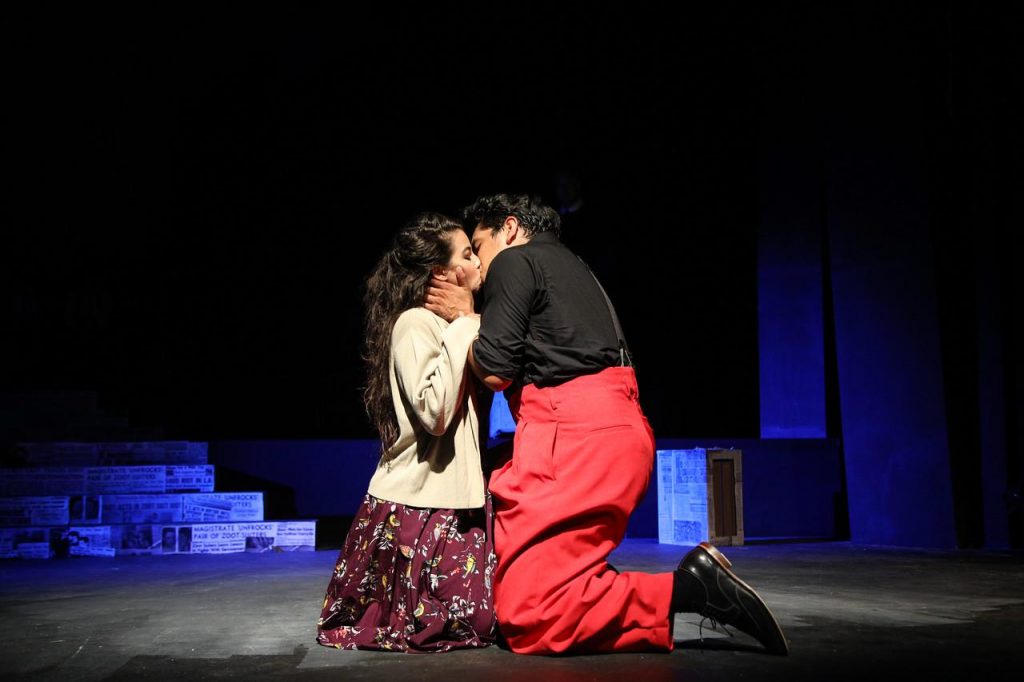
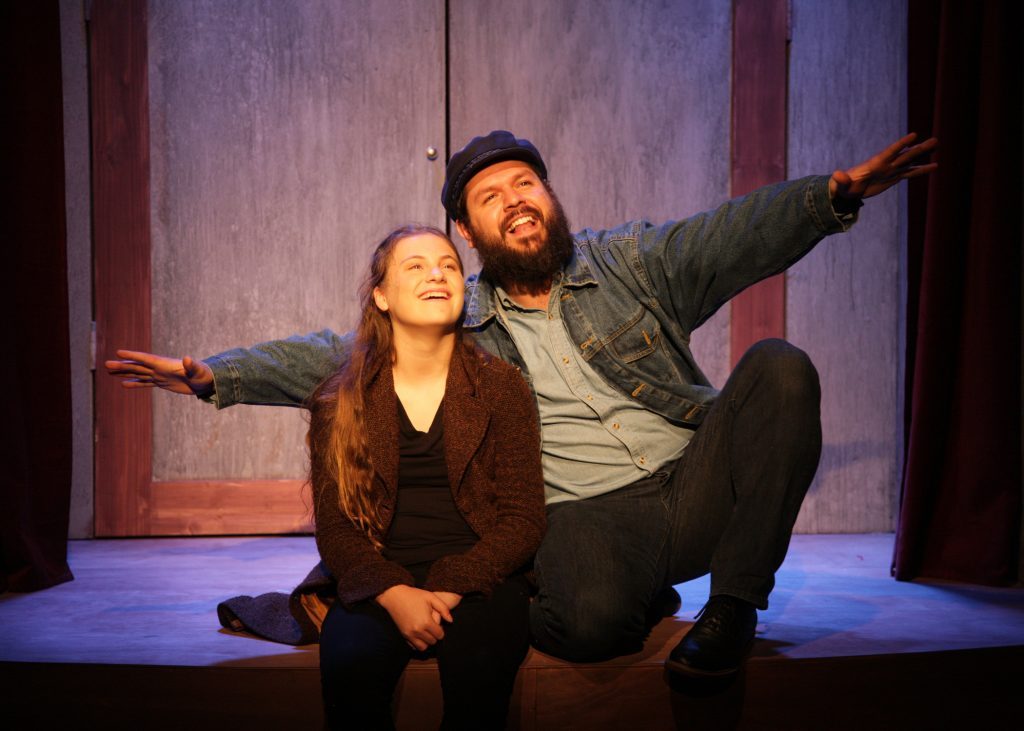

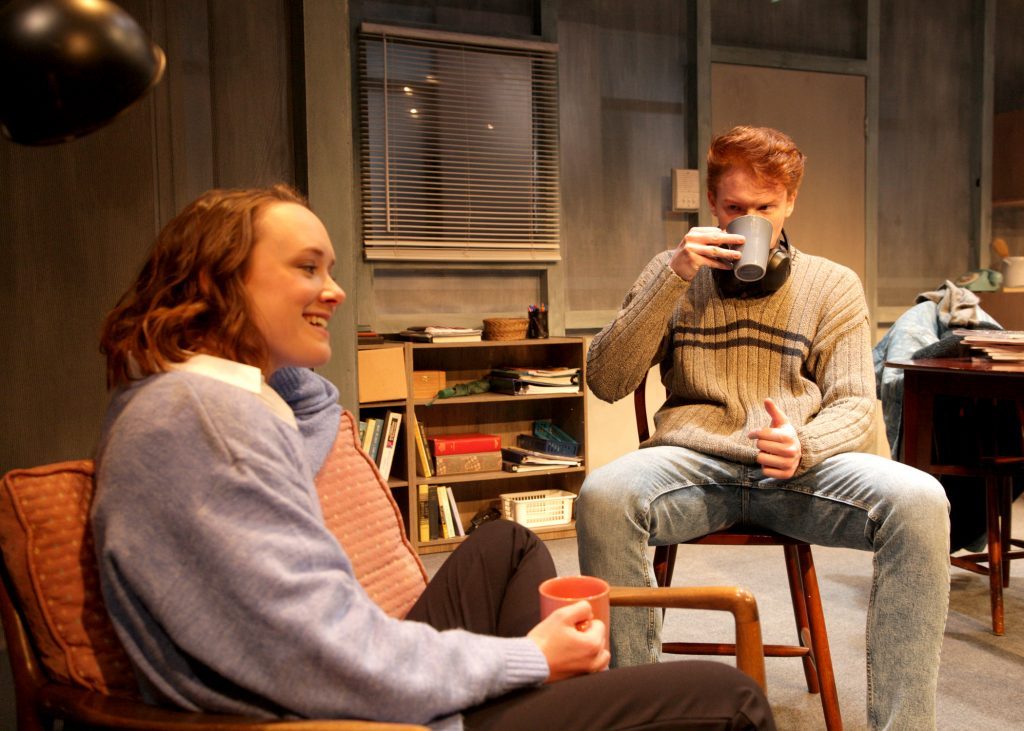

Thank you for the wonderful piece on Grace McLean by Zack Johnston!!